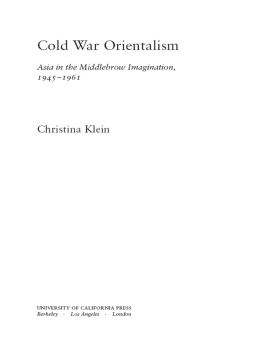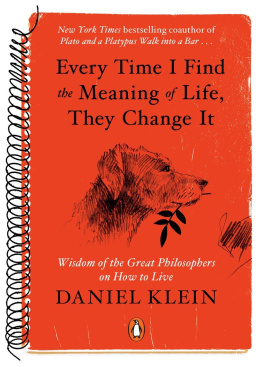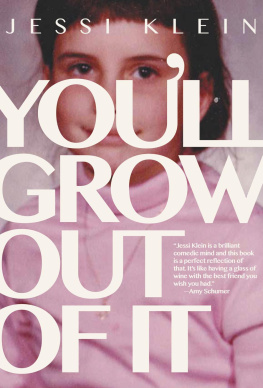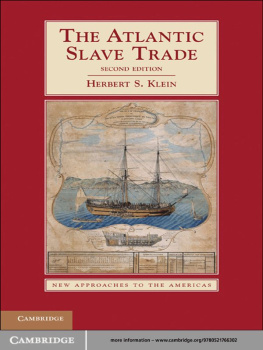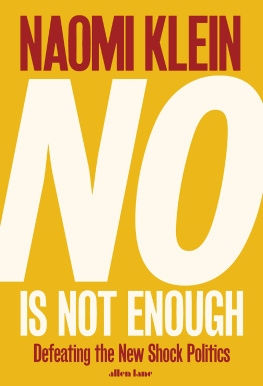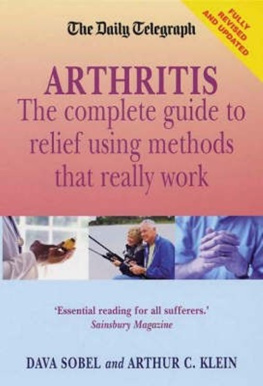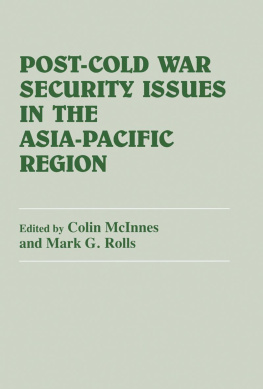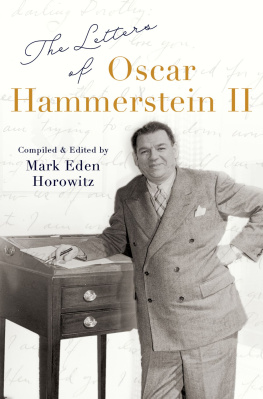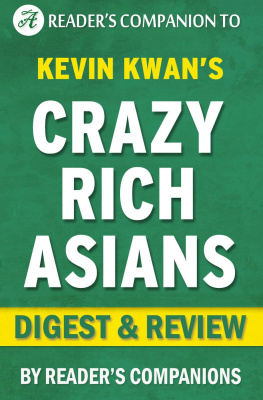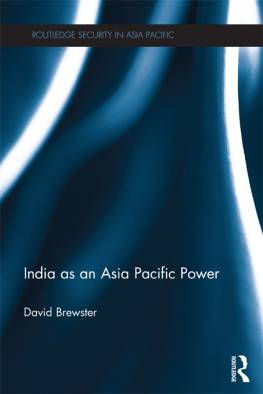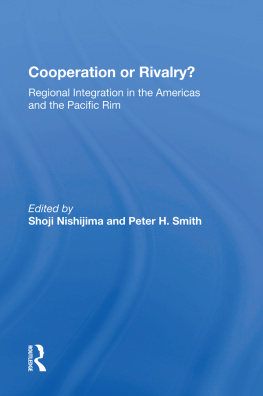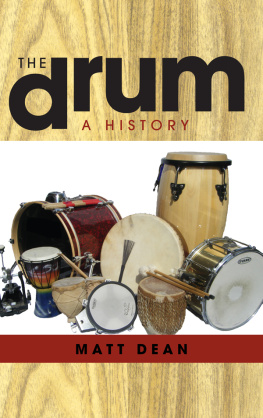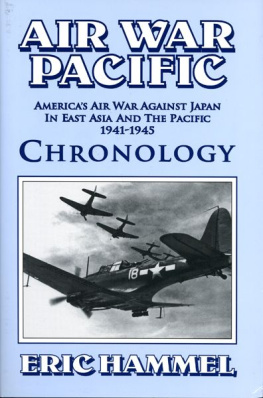University of California Press
Berkeley and Los Angeles, California
University of California Press, Ltd.
London, England
2003 by the Regents of the University of California
Grateful acknowledgment is made for permission to quote from the following works:
You've Got To Be Carefully Taught, by Richard Rodgers and Oscar Hammerstein II. Copyright 1949 by Richard Rodgers and Oscar Hammerstein II. Copyright Renewed. WILLIAMSON MUSIC owner of publication and allied rights throughout the world. International Copyright Secured. All Rights Reserved. Reprinted by Permission.
A Puzzlement by Richard Rodgers and Oscar Hammerstein II. Copyright 1951 by Richard Rodgers and Oscar Hammerstein II. Copyright Renewed. WILLIAMSON MUSIC owner of publication and allied rights throughout the world. International Copyright Secured. All Rights Reserved. Reprinted by Permission.
I Enjoy Being a Girl, by Richard Rodgers and Oscar Hammerstein II. Copyright 1958 by Richard Rodgers and Oscar Hammerstein II. Copyright Renewed. WILLIAMSON MUSIC owner of publication and allied rights throughout the world. International Copyright Secured. All Rights Reserved. Reprinted by Permission.
Excerpts from SOUTH PACIFIC used by Permission of The Rodgers and Hammerstein Organization. 1949 by Richard Rodgers and Oscar Hammerstein II. Copyright Renewed. International Copyright Secured. All Rights Reserved.
Excerpts from y Richard Rodger THE KING AND I used by Permission of The Rodgers and Hammerstein Organization. 1951 by Richard Rodgers and Oscar Hammerstein II. Copyright Renewed. International Copyright Secured. All Rights Reserved.
Excerpts from FLOWER DRUM SONG used by Permission of The Rodgers and Hammerstein Organization. 1959 by Richard Rodgers, Oscar Hammerstein II, and Joseph Fields. Copyright Renewed. International Copyright Secured. All Rights Reserved.
An earlier version of was originally published in Christian G. Appy, ed., Cold War Constructions: The Political Culture of United States Imperialism, 19451966 (Amherst: University of Massachusetts Press, 2000) as Family Ties and Political Obligation: The Discourse of Adoption and the Cold War Commitment to Asia.
A version of will be published in David Engerman, Nils Gilman, Mark Haefele, and Michael Latham, eds., Modernization, Development, and the Globalization of the Cold War (Amherst: University of Massachusetts Press, 2003).
Library of Congress Cataloging-in-Publication Data
will be found at the end of this book.
Manufactured in the United States of America
12 11 10 09 08 07 06 05 04 03
10 9 8 7 6 5 4 3 2 1
The paper used in this publication meets the minimum requirements of ANSI/NISO Z39.481992 (R 1997) (Permanence of Paper).
For my mother
and
my father
What's the show about? Well, it's the story of the confrontation of the Far Eastern and American civilizations. The usual thing you hear, you know, is East is East, and West is West, and all that nonsense. We show that East and West can get together with a little adjustment.
Richard Rodgers on Flower Drum Song,
quoted in Newsweek, 1958
Illustrations
Acknowledgments
I am grateful to the many friends, colleagues, and teachers who, knowingly and unknowingly, helped bring this book into existence. My undergraduate teachers at WesleyanJohn Paoletti, Richard Slotkin, and Jeanine Basingerendowed me with the basic tools I needed to get started. When I was at Yale, Jim Fisher, Dick Brodhead, Amy Kaplan, and above all Michael Denning gave generously of their enthusiasm and advice as the project took shape. I thank Debby Applegate, Jean-Christophe Agnew, Akira Iriye, David Engerman, Chris Appy, Stephen Sumida, Penny Von Eschen, Takashi Fujitani, Henry Jenkins, and Pete Donaldson for reading all or portions of the manuscript and sharing their helpful suggestions and insights. The comments by numerous anonymous readers have made this a better book.
I am indebted to MIT for supporting this project with research funds and leave time, and to the Charles Warren Center for Studies in American History at Harvard for a year-long fellowship. Dick Newman at Harvard's W. E. B. Du Bois Center, Tim Caton at Pearl S. Buck International, John Juergensmeyer, and especially Bert Fink of the Rodgers and Hammerstein Organization gave me much-needed assistance at crucial moments. I am grateful to Toni Radler at the Christian Children's Fund for allowing me to reproduce their advertisements from the 1950s, even though they no longer reflect the current identity of the organization, which provides health benefits, education, and job opportunities for millions of families around the world. I benefited greatly from the first-rate research skills of Marin Boney, Wendy Wasserman, and Cotten Seiler.
Teachers, of course, come in all forms, and I have learned important lessons from people outside the classroom. My mother, Lola Klein, displayed a devious brilliance when she seduced me into becoming a professor by bringing home Lucian Pye's manuscripts on China, ostensibly for me to proofread but really to pique my jaded adolescent interest. My father, Peter Klein, offers material lessons in the rewards of hard work and frugality from which I benefit daily. My brothers, sisters, nieces, nephews, and in-lawsand especially my sister Beatenever let me forget that there are things more important than work. Kathy Newman reminds me in subtle ways that problems exist to be solved. My husband, Carlo Rotella, is a model of curiosity, patience, and wisdomhe has been the best teacher of all.
Introduction
On the evening of March 29, 1951, an expectant audience filled the seats of the St. James Theater in New York City for the opening of Rodgers and Hammerstein's newest musical, The King and I. As the show began, the audience settled in to enjoy the unfolding spectacle of Rodgers and Hammerstein's songs, Jerome Robbins's choreography, and Irene Sharaff's costumes. One scene in particular stood out for many viewers that first night, as it did for subsequent viewers of the 1956 film version. Set in the palace schoolroom, it presents Anna Leonowens as teacher to the King of Siam's numerous children and wives; a large map, ornately framed and free-standing, serves as the backdrop for the scene (

Figure 1. Anna (Deborah Kerr) and the old map of Siam in the film The King and I, 1956. (Museum of Modern Art/Film Stills Archive)
The King and I belongs to a distinct cultural moment in which Americans turned their attention eastward. Between 1945 and 1961 American cultural producers churned out a steady stream of stories, fiction and nonfiction, that took Asia and the Pacific as their subject matter. Journalist John Hersey documented the dropping of the atomic bomb on Japan (Hiroshima), playwright John Patrick brought U.S.-occupied Okinawa into Broadway theaters (Teahouse of the August Moon), novelist James Michener probed the merits of the Korean War (The Bridges at Toko-Ri), travel writer Lowell Thomas Jr. explored Tibet (Out of This World: Across the Himalayas to Forbidden Tibet), Hollywood director Richard Quine put contemporary Hong Kong onto movie screens (The World of Suzy Wong), and photographer Margaret Bourke-White framed views of India (Halfway to Freedom). Diplomat Chester Bowles (Ambassador's Report) and former first lady Eleanor Roosevelt

